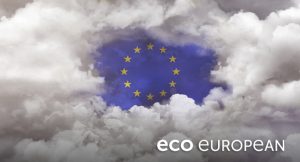In May, the European Commission proposed new legislation to “prevent and combat child sexual abuse”, with which it plans to have extensive search and monitoring obligations, Internet blocking and chat controls implemented. From the perspective of the Association of the Internet Industry, the planned new regulation fails to take into account the legitimate fight against illegal Internet content and does not meet the standards of a 21st century modern and technically responsible regulation.
In our view, the draft has the potential to create a free pass for state surveillance. Instead, sustainable protection of children and young people would require more staff for investigations and comprehensive prosecution. We are happy to offer our experience and expertise in revising this disproportionate draft legislation.
We have also pointed out in an open letter together with other associations that we are deeply concerned about the reappearance of a ‘stay-down’ provision in the latest compromise text of the Digital Services Act (DSA). In the letter, eco criticises that the changes made to the proposal, originally aimed at clarifying the concept of a general obligation to monitor, will now significantly restrict freedom of expression while paving the way for constant monitoring of online activities.
In this issue, we report on the meeting of the G7 ministers, where Digital Ministers from the G7 countries convened in Dusseldorf to talk about key issues around cybersecurity, data protection and competitive digital markets.
In addition, we talked to Marcus Busch, Managing Director of Leaseweb Deutschland GmbH. He explains why he thinks that Germany and Europe are on the right path towards digital sovereignty and strong cybersecurity and where the German federal government still needs to make adjustments.
Also included in this issue is a statement from eco chairman Oliver Süme on the ECJ judgment which announces that Article 17 of the Copyright Directive (EU/2019/790) is compatible with Union law and overrules Poland’s complaint. In eco’s point of view, this is an unacceptable restriction on the right of users to share online content, on the freedom of expression and the freedom of information. Süme comments: „The judgment sends out a bad signal for online freedom of expression.“

